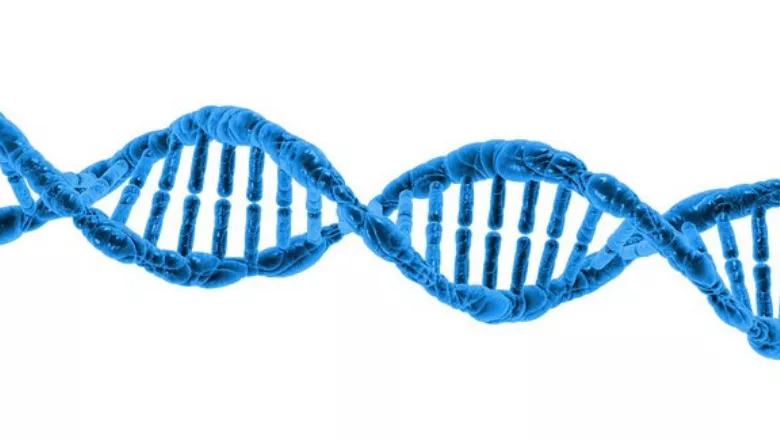This advance was made possible through a research partnership involving front-line clinicians, academics and healthcare scientists. Everyone came together with a single vision to speed up the pathway moving scientific discovery and technological advance to the bed-side. This approach will be of immense benefit to patients. We are evaluating whether this technology can speed up diagnosis of a range of diseases including infections and cancers, to more rapidly identify best treatments based on individual DNA profiles.
Professor Jonathan Edgeworth, King’s College London and Viapath’s Medical Director
28 March 2019
New technology could speed up diagnosis for Huntington's disease
For the first time in the world, nanopore-based DNA sequencing technology is available to diagnose the genetic disorder Huntington’s Diseases.

This will drastically cut the waiting time, particularly in the most complicated cases, and has huge potential for application to other genetic disorders in the future.
These findings are a result of a collaboration between King’s College London, Viapath, the NIHR Biomedical Research Centre at Guy’s and St Thomas’ Hospital and the South London Genomics laboratory Hub.
Huntington’s disease is an inherited neurodegenerative disorder which stops parts of the brain working properly, with symptoms worsening over time and the disease usually becoming fatal within 20 years. Currently, individuals with symptoms of Huntington’s Disease have a blood test and then wait up to two weeks for the result.
DNA Sequencing
The team used MinION DNA sequencing devices made by Oxford Nanopore Technologies that provide results much faster than traditional testing methods. They have shown for the first time that these sequencing devices can meet the stringent, internationally recognised standards for use in clinical laboratories, providing “proof-of-principle” that this new technology can be introduced in the NHS.
The MinION is a small hand-held device that “decodes” individual strands of DNA by generating electronic signals as the DNA moves through pores in a membrane. Sequence changes can be identified in real time and matched to a library of known genetic sequences to detect the presence of the genetic disorder. Most current technologies provide segments of DNA sequence that need to be analysed later which leads to a longer wait for results.
This is the first time, technology of this kind has been used in an NHS laboratory and been credited through the United Kingdom Accreditation Service (UKAS). In order to become credited, the technology must meet stringent quality control standards and produce reliable results on every sample.
Although there is no cure for Huntington’s disease yet, treatment and support can help reduce some of the problems it causes. The technology can reduce the distress that patients and families experience whilst waiting for results and administer treatments and make support available to patients sooner than previously possible.
Dr Deborah Ruddy, consultant clinical geneticist at Guy’s and St Thomas’
